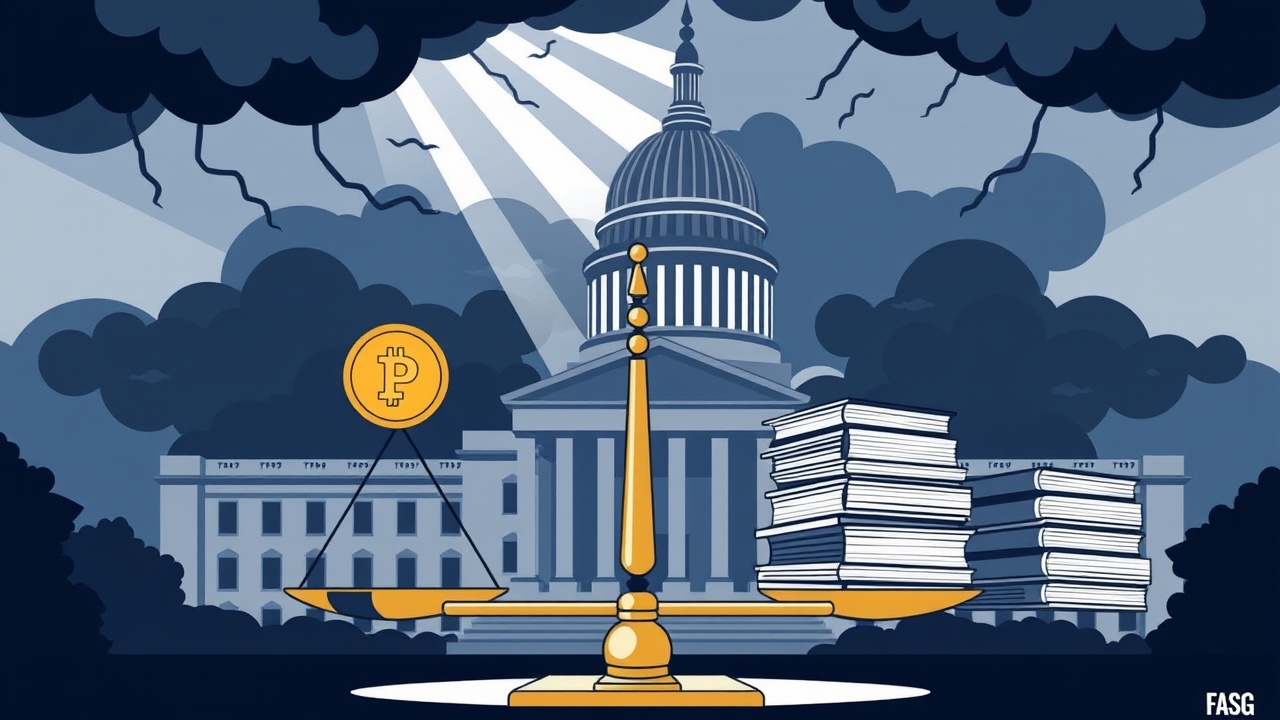Introduction
In a significant move aimed at tackling potential conflicts of interest among elected officials, Pennsylvanian lawmaker Ben Waxman has put forward House Bill 1812. This legislative proposal seeks to prevent public officials from profiting from cryptocurrency ventures while they hold office. Introduced on a Wednesday, the bill garnered support from eight fellow Democrats, reflecting growing concern over the intertwining of political power and financial gain in the realm of digital currencies, particularly in light of actions taken by former President Donald Trump.
Criticism of Cryptocurrency Use
Waxman voiced his criticism of Trump’s alleged use of cryptocurrency projects, including a meme-focused coin, as avenues for personal enrichment, while the former president simultaneously lobbied for reduced federal oversight of the crypto sector. Waxman emphasized:
No public official should exploit their role for personal financial benefit through cryptocurrency schemes. This proposed legislation stands to establish a clear barrier against such practices.
Provisions of the Legislation
This initiative not only seeks to ban trading and promoting cryptocurrencies by officials but also prohibits any financial stakes they may have in digital assets. If enacted, the legislation would modify existing statutes, specifically Title 65 of the Pennsylvania Consolidated Statutes, to restrict public officials and their immediate families from engaging in any financial dealings exceeding $1,000 in crypto during their terms and for a year thereafter. Moreover, it mandates a divestment of crypto assets within 90 days of the bill’s ratification.
Consequences for Violators
Violators of these proposed regulations could face fines as steep as $50,000, with serious infractions potentially resulting in prison terms of up to five years. This proposal follows another recent initiative by Representative Mike Cabell, who suggested allowing the state treasurer to allocate a portion of Pennsylvania’s budget—up to 10%—for Bitcoin investments, a plan that has yet to advance in legislative discussions.
Conclusion
This regulatory move by Waxman is part of a broader trend observed in various levels of government, where lawmakers are rallying to implement restrictions against public officials engaging in digital asset transactions, underscoring a nationwide scrutiny of cryptocurrency’s intersection with public service.




